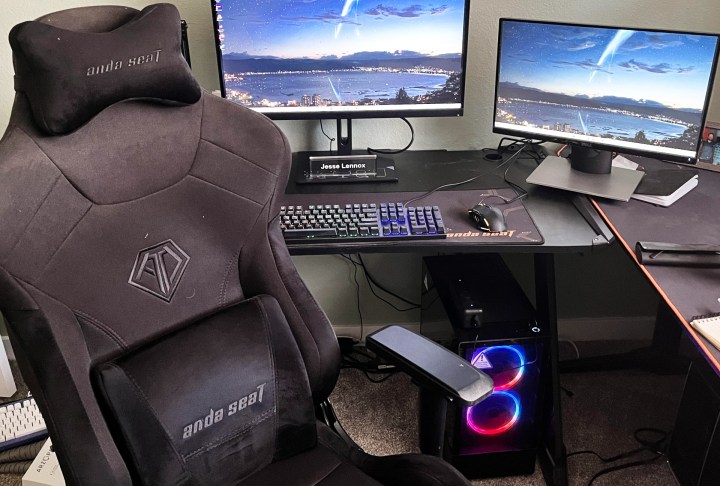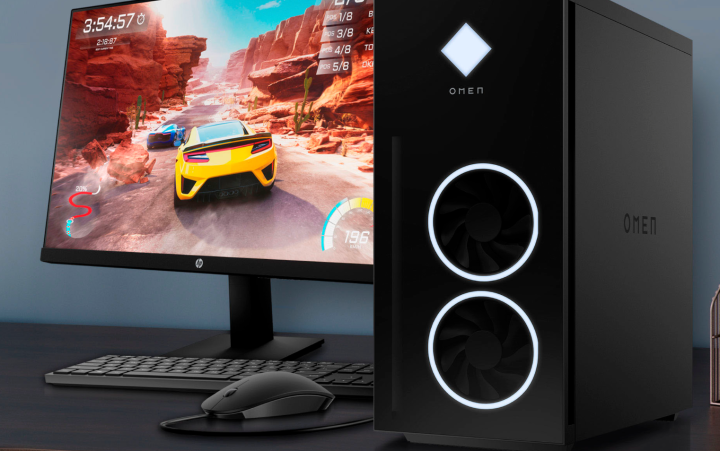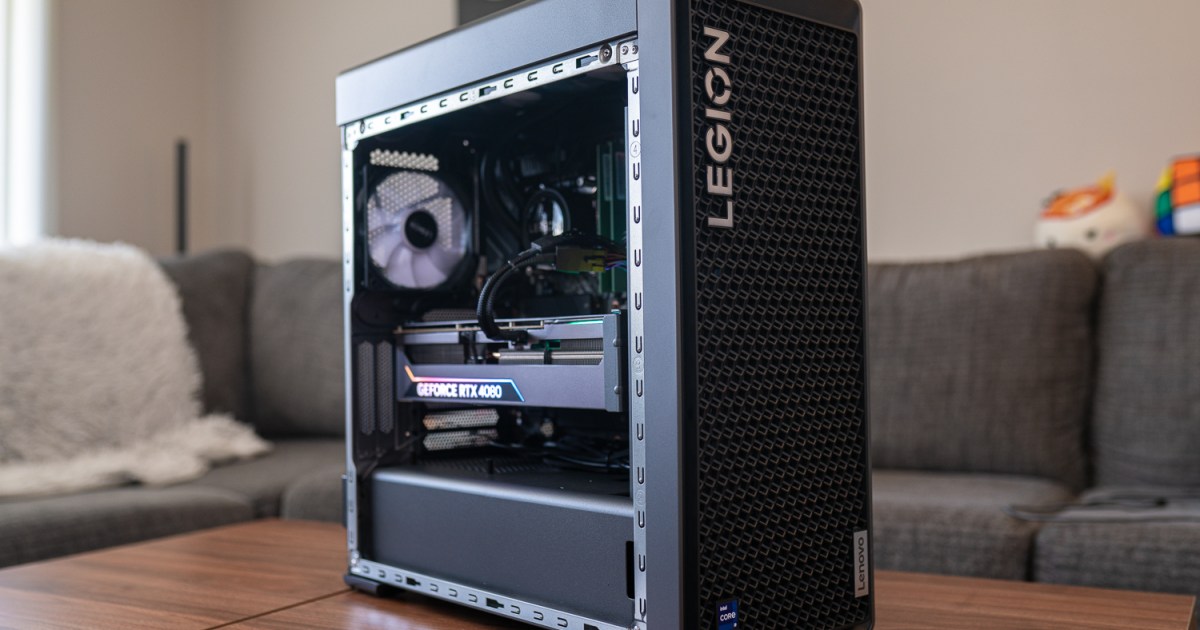When it comes to choosing between a prebuilt and custom PC, every PC owner will face this dilemma at some point, whether they are gaming enthusiasts or casual users. While getting a prebuilt desktop is much easier, the question remains – is it better? Is it more cost-effective? On the other hand, is building your own PC worth the effort?
The final decision ultimately rests in your hands, but we are here to assist you in making an informed choice. Below, we will provide you with all the essential information regarding prebuilt and custom computers.
Prebuilts vs. Custom PCs: Pros and Cons
Let’s start with a quick rundown of the pros and cons of prebuilt and custom PCs before diving deeper into the details:
Prebuilt PCs: Pros
- Easy to pick out and set up
- Some level of customization available
- Delivered ready-to-use to your doorstep
- Comes with a warranty for the entire build
Prebuilt PCs: Cons
- Manufacturers may use refurbished components
- Not always cost-effective
- Upgrading can be challenging due to proprietary components
- Custom PCs often offer better performance
- Quality of components may vary
- Potential issues with insufficient PSU or cooling capability
Now, let’s explore the pros and cons of custom PCs.
Custom PCs: Pros
- Full control over component selection
- Potential for building a high-performing PC at a lower cost
- Building experience can be rewarding
- New and replaceable components for future-proofing
Custom PCs: Cons
- Requires significant time for research
- Building and troubleshooting can be stressful
- Warranty limited to individual parts
- Extra cost for operating system
- May take longer than purchasing a prebuilt
What’s the difference between prebuilts and custom PCs?

Before delving into specifics, let’s clarify some terminology. Prebuilt PCs are essentially plug-and-play computers with components selected and installed by the manufacturer or retailer. On the other hand, custom PCs, also known as DIY, involve selecting and assembling components based on your preferences.
Prebuilt PCs come in various configurations, ranging from small form-factor PCs to high-performance gaming rigs. While some prebuilts offer limited customization options, the majority of components are predetermined by the manufacturer. Custom desktop PCs, on the other hand, allow you to tailor every aspect of the build to your needs and preferences.
Budget

The common belief that building a custom PC is cheaper than buying a prebuilt one holds true in many cases. For example, comparing the cost of a prebuilt PC priced at $1,900, it’s possible to assemble a similar custom build for $1,500 to $1,700, including the operating system.
While building your own PC may offer cost savings, it’s essential to consider the quality of components and the value they provide. Some prebuilt manufacturers may compromise on component quality to meet price points, potentially impacting performance and longevity.
Quality

One of the significant drawbacks of prebuilt PCs is the potential compromise on component quality for cost-cutting measures. While premium components like GPUs and CPUs are prioritized, other critical parts such as coolers, PSUs, and motherboards may be suboptimal.
Custom PC builds allow you to meticulously select each component for performance, compatibility, and value. While it requires research and expertise, the ability to handpick components ensures optimal quality and performance for the build.
Ease of Use

Prebuilt PCs offer unparalleled convenience and simplicity compared to custom builds. Despite advancements in PC building, assembling and configuring a custom PC requires substantial time, research, and technical knowledge.
While prebuilt PCs are pre-configured and tested for immediate use, custom builds demand meticulous component selection, assembly, and troubleshooting. However, resources such as guides and online communities can aid in simplifying the building process for custom PCs.
Performance

The performance comparison between prebuilt and custom PCs hinges on component selection and integration. While both types can offer similar performance with comparable specs, custom builds provide the flexibility to optimize components for maximum efficiency.
Prebuilt PCs may overlook critical components like cooling systems, PSUs, or RAM quality, which can impact overall performance and longevity. Custom builds allow you to address these concerns upfront and tailor the build to optimize performance.
Which option is right for you?

Choosing between a prebuilt or custom PC depends on your priorities and preferences. If you seek convenience and are willing to accept potential trade-offs in cost and quality, a prebuilt PC may be the right choice.
However, if you value performance optimization, customization, and are willing to invest time and effort into building a tailored PC, a custom desktop is likely the better option. Both options have their pros and cons, and careful consideration is required to make the right decision.
Whether you opt for a prebuilt or custom PC, ensure thorough research, component evaluation, and understanding of your requirements to create a system that meets your needs effectively.
Editors’ Recommendations


